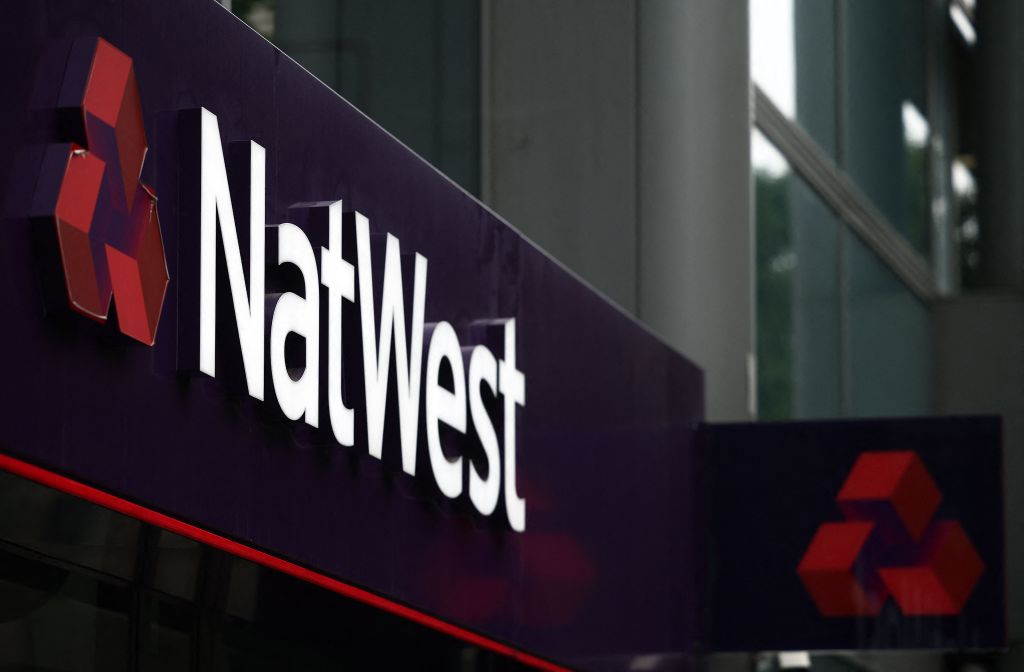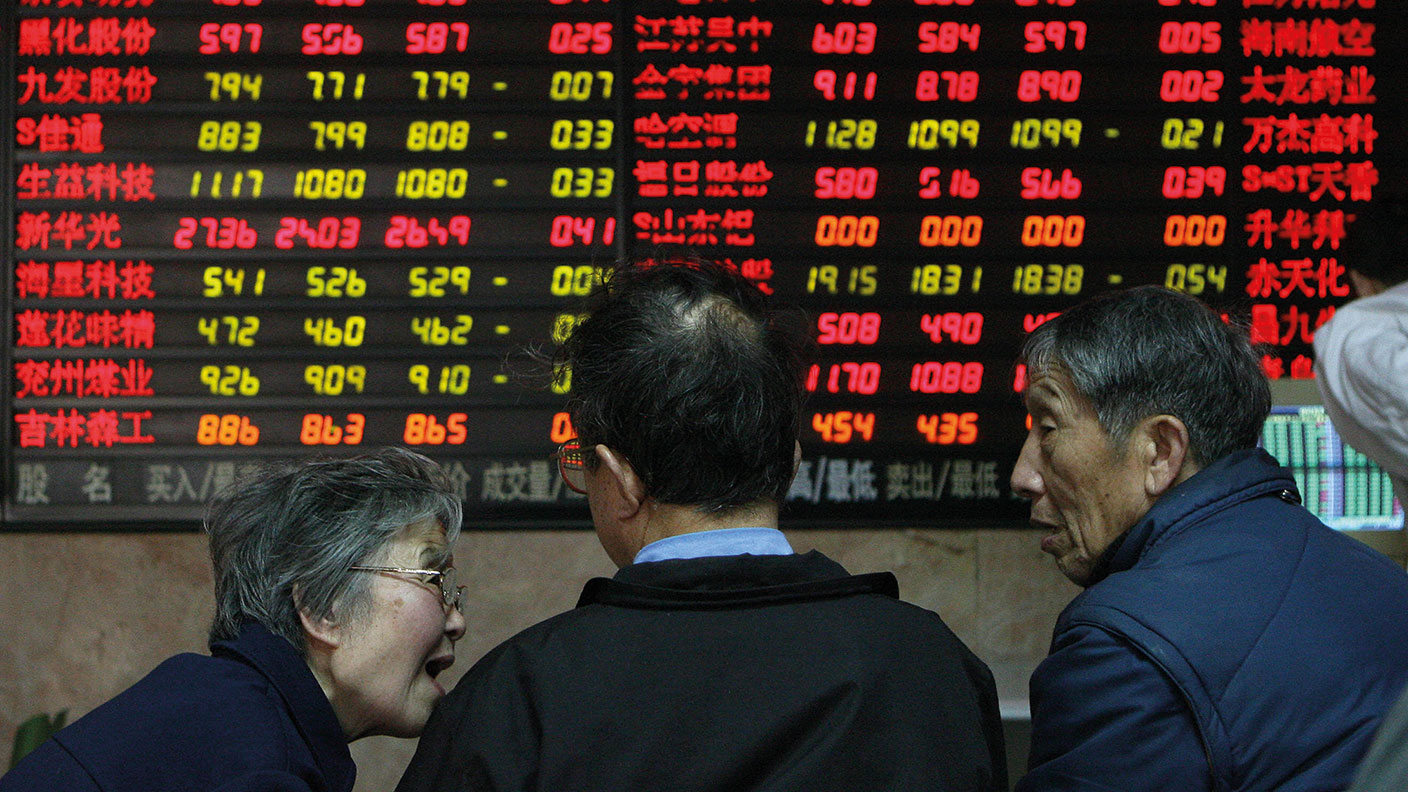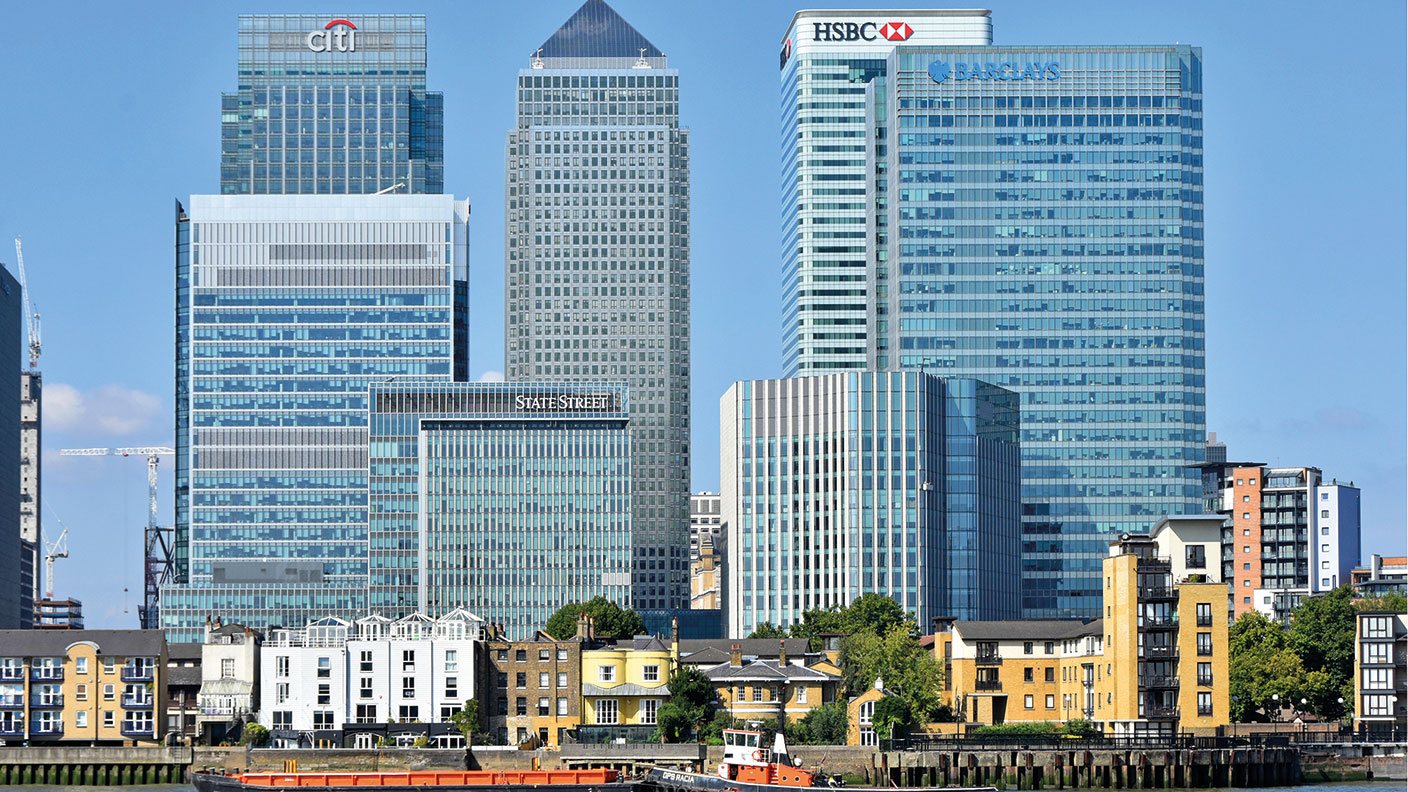Mainstream finance gets it wrong on gold
When rising prices are described as 'a bullish sign' you know there's something wrong with the coverage of an investment. Adrian Ash looks at mainstream misconceptions about gold.
Get the latest financial news, insights and expert analysis from our award-winning MoneyWeek team, to help you understand what really matters when it comes to your finances.
You are now subscribed
Your newsletter sign-up was successful
Want to add more newsletters?

Twice daily
MoneyWeek
Get the latest financial news, insights and expert analysis from our award-winning MoneyWeek team, to help you understand what really matters when it comes to your finances.

Four times a week
Look After My Bills
Sign up to our free money-saving newsletter, filled with the latest news and expert advice to help you find the best tips and deals for managing your bills. Start saving today!
Spot gold hit $669.50 per ounce in Europe on Tuesday. In the futures market, the April contract rose to $673.
Cue this nugget of wisdom from Reuters:
'Gold was also rising in other currencies, usually seen as a bullish sign.'
MoneyWeek
Subscribe to MoneyWeek today and get your first six magazine issues absolutely FREE

Sign up to Money Morning
Don't miss the latest investment and personal finances news, market analysis, plus money-saving tips with our free twice-daily newsletter
Don't miss the latest investment and personal finances news, market analysis, plus money-saving tips with our free twice-daily newsletter
Now hold that thought for a moment. For it's not just newswire hacks tripping over the idea of ex-Dollar gold prices and making fools of themselves today. Professional investors, paid to forecast the market, are happy to show this same glib idiocy, too.
'Gold in Japanese Yen and Euro terms are leading/confirming the onset of potentially more substantial upside,' said a technical analyst at Barclays Capital in London in a note earlier.
Good work, Sherlock! Gold has been rising against all major currencies since Jan. 4. But you'd never know it relying on Wall Street, the City or the mainstream media for your news.
Priced in Euros, gold broke back above €500 at the end of last month. Against the Canadian Dollar, gold is now trading at its highest level since mid-May '06. Versus the Australian Dollar, gold has reached its highest level since June 16, trading above A$863 per ounce earlier today.
And against the Japanese Yen, gold overnight in Asia touched a fresh 23-year high at more than 81,500 per ounce.
But our man at Barclays, a technical analyst no less, now reckons the ex-Dollar gold price 'confirms' what could 'potentially' be more 'upside' in...well...in the gold price!
Rising prices are a bullish sign, in other words. Which is about as empty an analysis as the City of London will ever give you.
'At Royal Bank of Canada, we trade gold bullion off our foreign exchange desks rather than our commodity desks,' says Anthony S. Fell, chairman of RBC Capital Markets, 'because that's what it is a global currency, the only one that is freely tradable and unencumbered by vast quantities of sovereign debt and prior obligations.
'It is also the one investment and long-term store of value that cannot be adversely impacted by corrupt corporate management or incompetent politicians,' he adds 'each of which is in ample supply on a global basis.'
In short, says Fell, 'don't measure the Dollar against the Euro, or the Euro against the Yen, but measure all paper currencies against gold, because that's the ultimate test.'
Not that Reuters or Barclays Capital can grasp this idea. The Dollar-price of gold is all that matters there. And cast as nothing but the anti-Dollar, gold is just one little challenge to Dollar hegemony no better or worse than the Euro, for instance. Cast as just another function of Dollar strength or weakness, gold is ultimately subordinate to the greenback and always will be, according to the mainstream finance industry's logic.
'The Dollar [today] posted losses against major rivals,' says another newswire, 'thereby increasing demand for gold.' If only it were that simple!
South Africa is pumping 25% more Rand into the world than there were a year ago...Indian Rupees are swelling at a rate of more than 19% annually...and the supply of Sterling rose 12.8% in December. Incredibly, that rate of growth was a 15-month low for the British currency!
In the Eurozone, meantime now responsible for more cash by number and value than the United States broad money supply rose 9.7% at the end of 2006 from Dec. 2005, up from an 8.5% annualised rate in Nov. So whatever the US Dollar might do and no matter what the missing M3 data would tell us about the US money supply if Washington still published them the increased demand for gold is a global phenomenon driven by a global flood of money and credit.
Yen, Euros, Sterling or Yuan...who cares? Gold is much more than just the anti-Dollar. And the opposite of all currency risk is fast gaining new friends today.
Adrian Ash is head of research at BullionVault.com, the fastest growing gold bullion service online. Formerly head of editorial at Fleet Street Publications Ltd the UK's leading publishers of investment advice for private investors he is also City correspondent for The Daily Reckoning in London, and a regular contributor to MoneyWeek magazine.
Get the latest financial news, insights and expert analysis from our award-winning MoneyWeek team, to help you understand what really matters when it comes to your finances.
Adrian has written all things gold related from if it’s worth buying, what the real price of gold should be and what’s the point of gold for MoneyWeek. He has also written for other leading money titles on his gold expertise including Business Insider, Forbes, City A.M, Yahoo Finance and What Investment Magazine. Now Adrian is head of the research desk at BullionVault, a physical market for gold and silver for private investors online.
-
 Can mining stocks deliver golden gains?
Can mining stocks deliver golden gains?With gold and silver prices having outperformed the stock markets last year, mining stocks can be an effective, if volatile, means of gaining exposure
-
 8 ways the ‘sandwich generation’ can protect wealth
8 ways the ‘sandwich generation’ can protect wealthPeople squeezed between caring for ageing parents and adult children or younger grandchildren – known as the ‘sandwich generation’ – are at risk of neglecting their own financial planning. Here’s how to protect yourself and your loved ones’ wealth.
-
 UK banking stocks: what’s the latest this results season, and are they worth a look?
UK banking stocks: what’s the latest this results season, and are they worth a look?All five major UK banks released their annual results in February, reporting profit increases. But the sector has long been unloved by investors. Are UK banking stocks hidden gems, or better avoided?
-
 S4 Capital – a company that still has much to prove
S4 Capital – a company that still has much to proveTips Audit delays set shares tumbling at advertising agency S4 Capital. It needs to show it can turn growth into profits, says Bruce Packard.
-
 When to buy shares in NatWest, Britain's worst bank
When to buy shares in NatWest, Britain's worst bankTips Rising interest rates should lift profits for the banking sector if inflation doesn’t get out of control, says Bruce Packard.
-
 How UK banks went from Big Bang to universal failure
How UK banks went from Big Bang to universal failureCover Story The 1986 deregulation shook up the banks, but the all-in-one model that it created is bad for customers and investors. Specialists do a better job – as the real fintech winners are showing, says Bruce Packard
-
 Evergrande: Chinese property giant spooks global markets
Evergrande: Chinese property giant spooks global marketsNews Global markets fell this week as investors worried about the fate of Evergrande, China’s most indebted property developer, which is teetering on the brink of default.
-
 HSBC’s profits surge – but will the share price?
HSBC’s profits surge – but will the share price?News Pre-tax profits at banking giant HSBC rose from $1.1bn last year to $5.1bn in 2021, but the share price remains depressed.
-
Three solid stocks to ride the UK’s rapid recovery
Tips Professional investor James Henderson of the Lowland Investment Company, picks three of his favourite UK stocks that he thinks will benefit from the post-pandemic recovery.
-
 Financial stocks are set to fly as we recover from the pandemic
Financial stocks are set to fly as we recover from the pandemicCover Story The banking and insurance sectors are probably the world’s least popular apart from coal mining, says Jonathan Compton. The industry may face pervasive change, but the stocks look too cheap